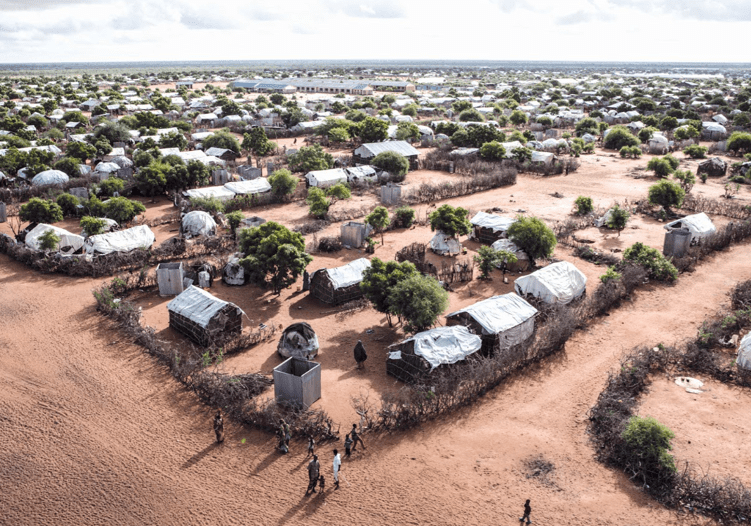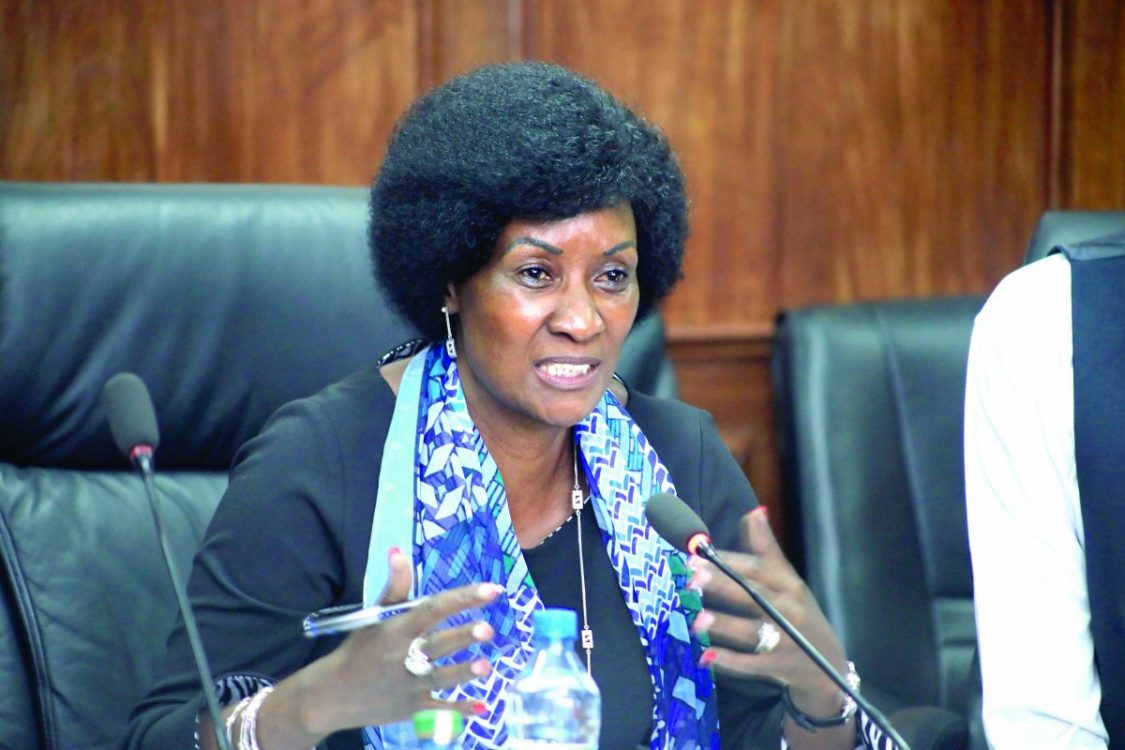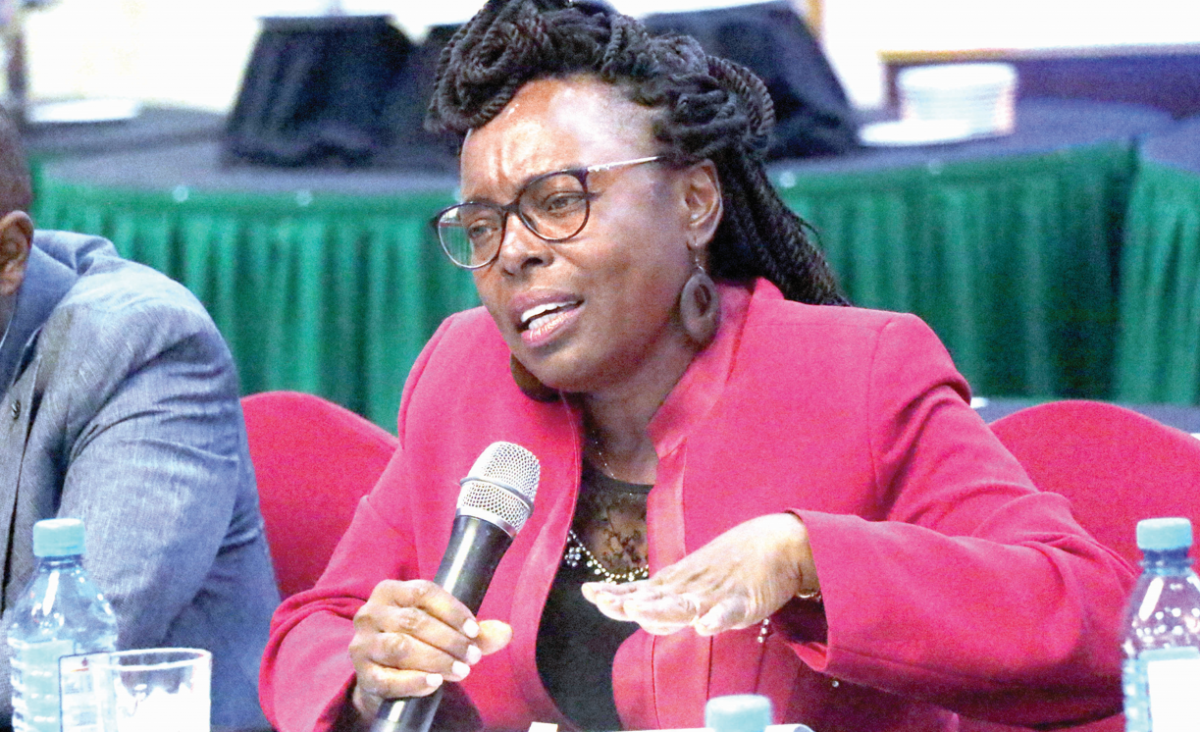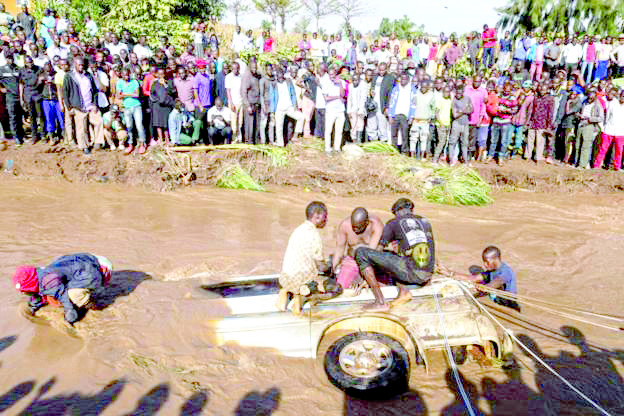Animal lobby to challenge court ruling on donkey slaughter
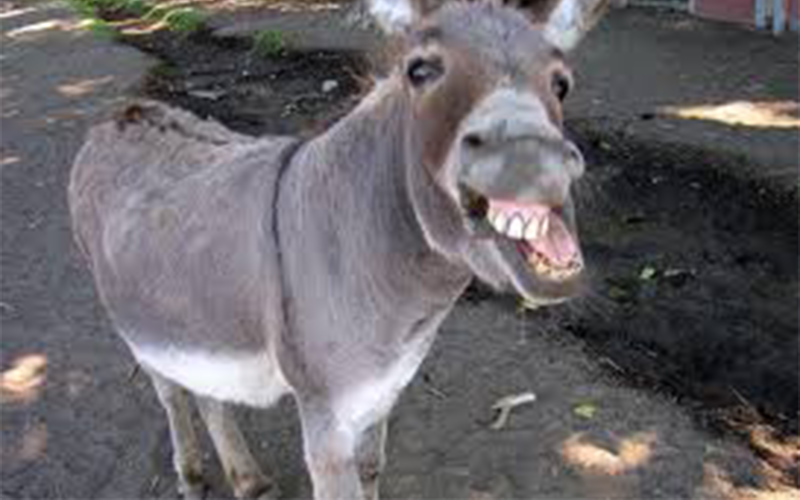
Animal welfare organization Brooke East Africa will challenge a High Court ruling that lifted the ban on donkey slaughter, arguing the ruling has a huge socio-economic impact on rural donkey owners and farmers who rely on the domesticated animal as their main source of livelihood.
“What this ruling does, it has exposed the livelihoods of these families that largely depend on donkeys to put food on the table and educate their children,” said Raphael Kinoti during World donkey day – an annual celebration marked to bring awareness to the plight of donkeys, including their treatment.
It is estimated that Kenya plays host to an estimated 1.8million donkeys whose chances of their survival now hinges on the reversal of the ruling.
The rate of donkey slaughter in Kenya is staggering at 5.1 per cent against a reproduction of 1.04 per cent, meaning that the country is slaughtering its donkeys five times more than it is able to reproduce.
It is now feared that if this trend continues – without the government’s speedy intervention, then donkeys will be extinct by the year 2023.
Available figures show that about 1,000 of the domesticated members of the horse family are being butchered every day across the 4 slaughter houses across the country.
One donkey skin is sold in a Chinese market for about Sh50, 000, against Sh8, 000 or Sh10, 000 the original price of a breathing donkey. The donkey skins are being used to make gelatin for a product called ejiao, a product that has been used as a traditional Chinese medicine for thousands of years.
Other areas of concern will include the protection and conservation of donkeys both as work animals and a species, the socio-economic impacts of the donkey skin trade on donkey owning communities and service beneficiaries, animal welfare, disease control and environmental consideration (including environmental impacts of slaughter operations and compliance.
Others will include policy and legislation implications at regional and national levels including movement of animals and cross border aspects and compliance issues, donkey skin trade in the lenses of culture and religion as well as linkages between illegal donkey skin trade and other types of criminality including wildlife crime.


